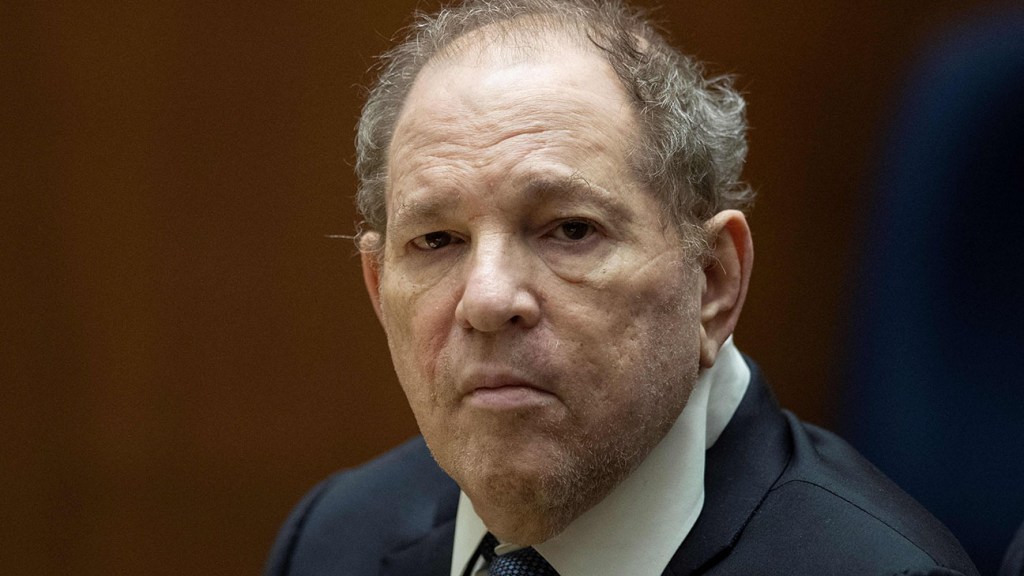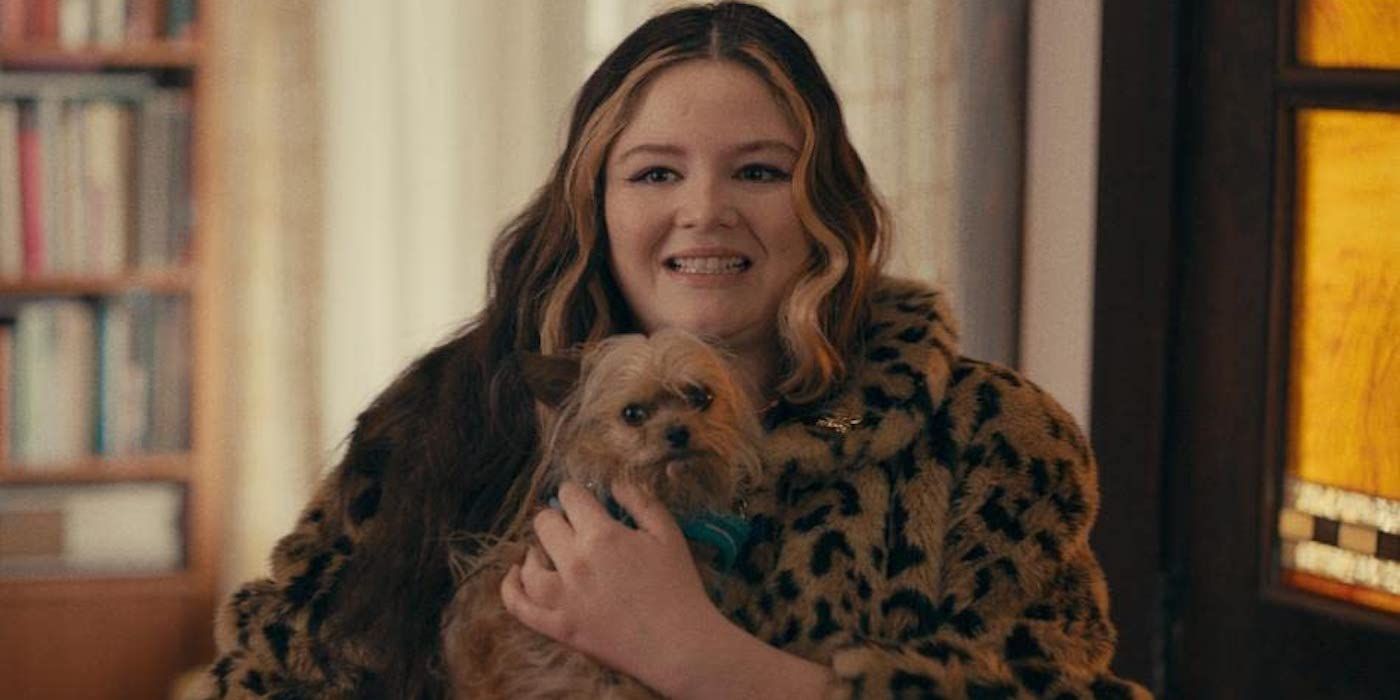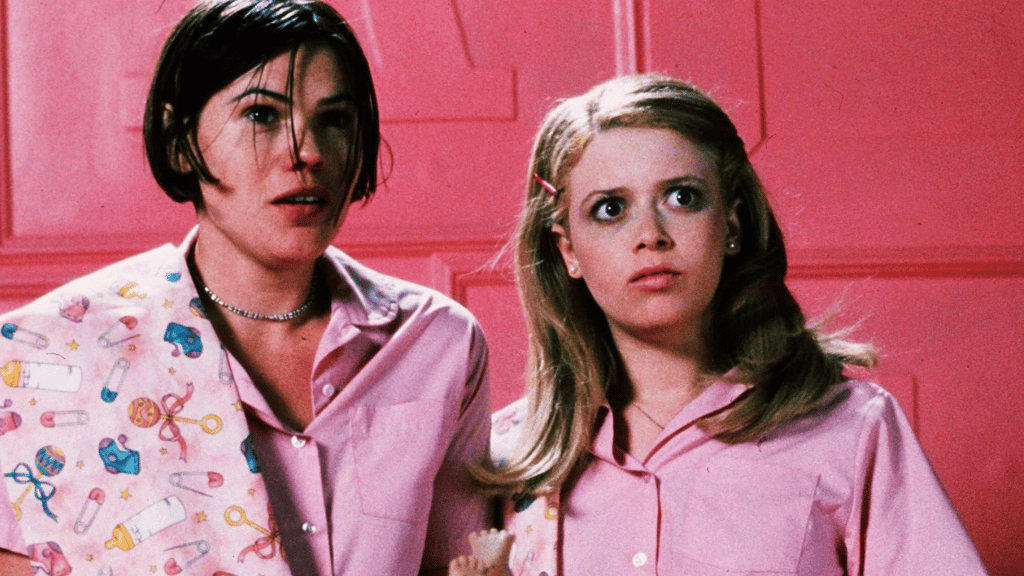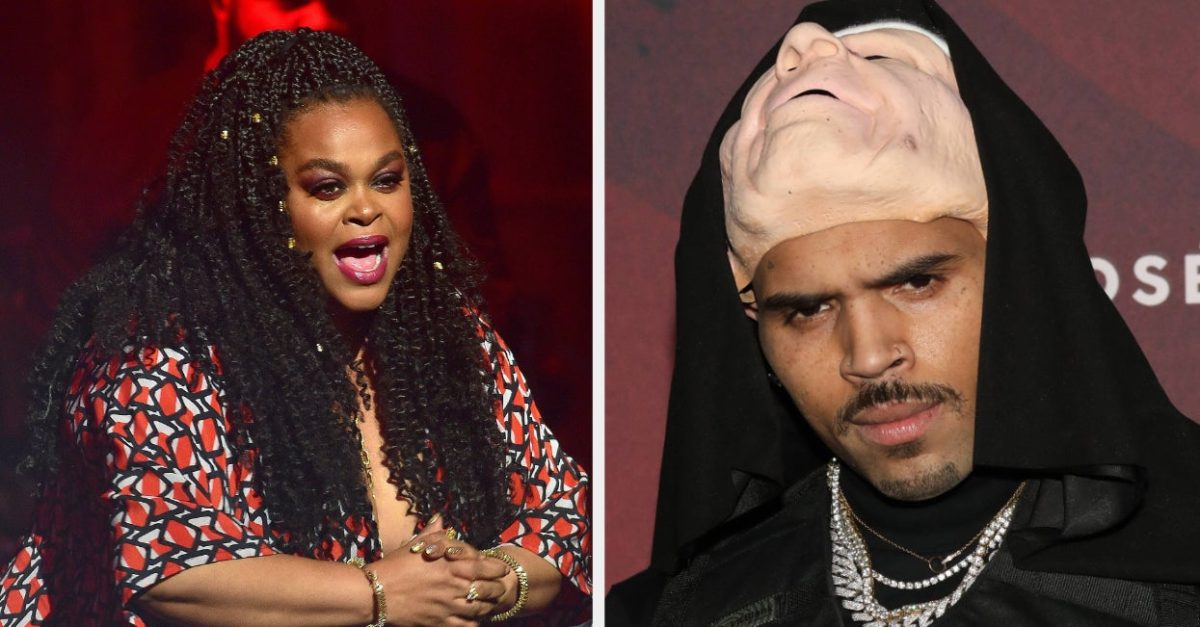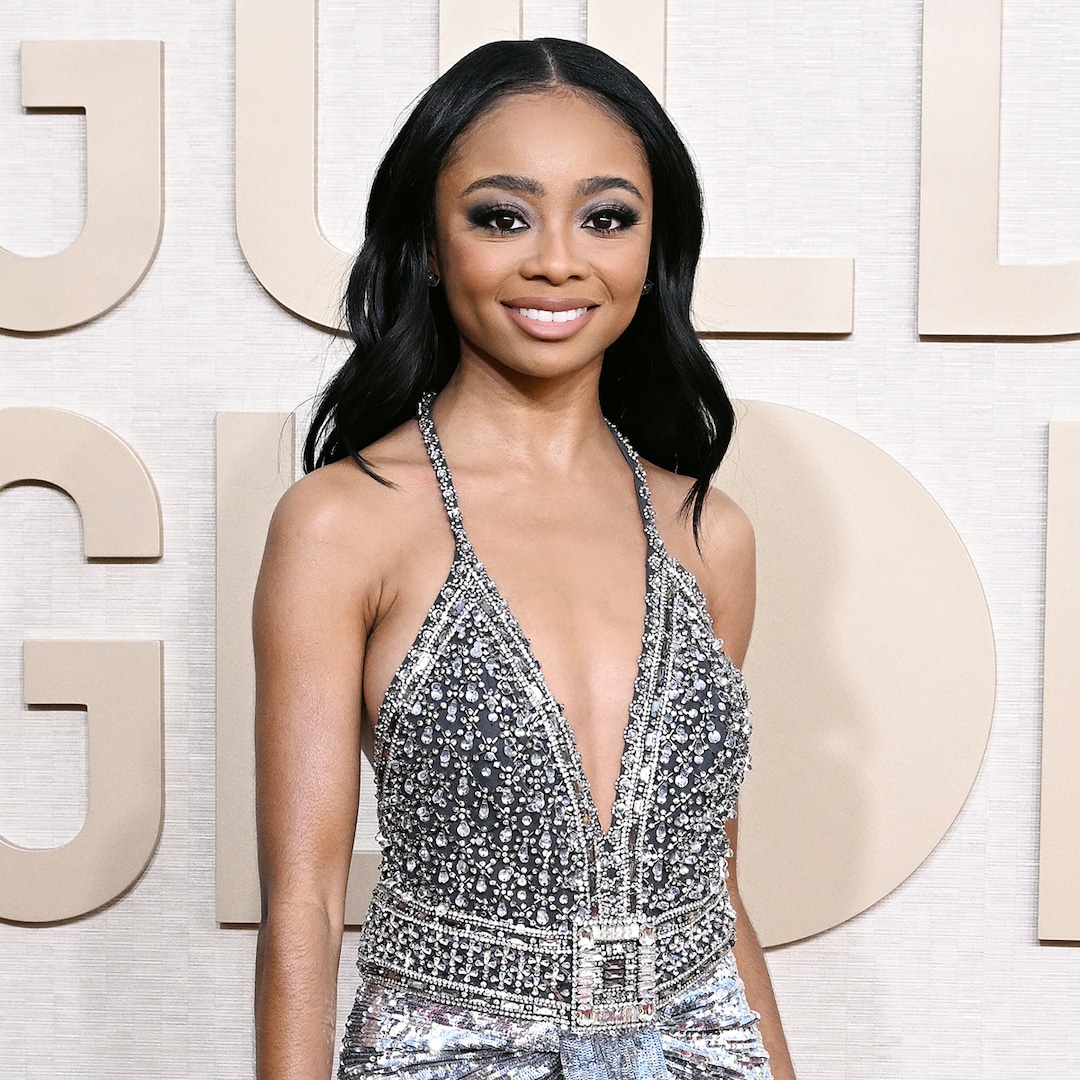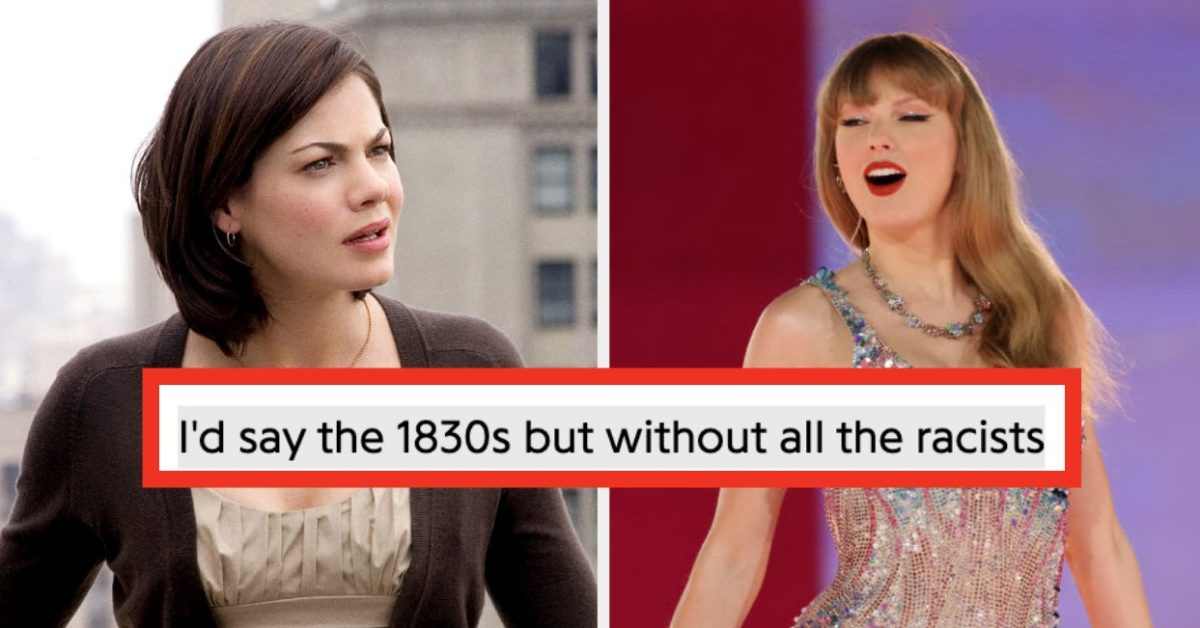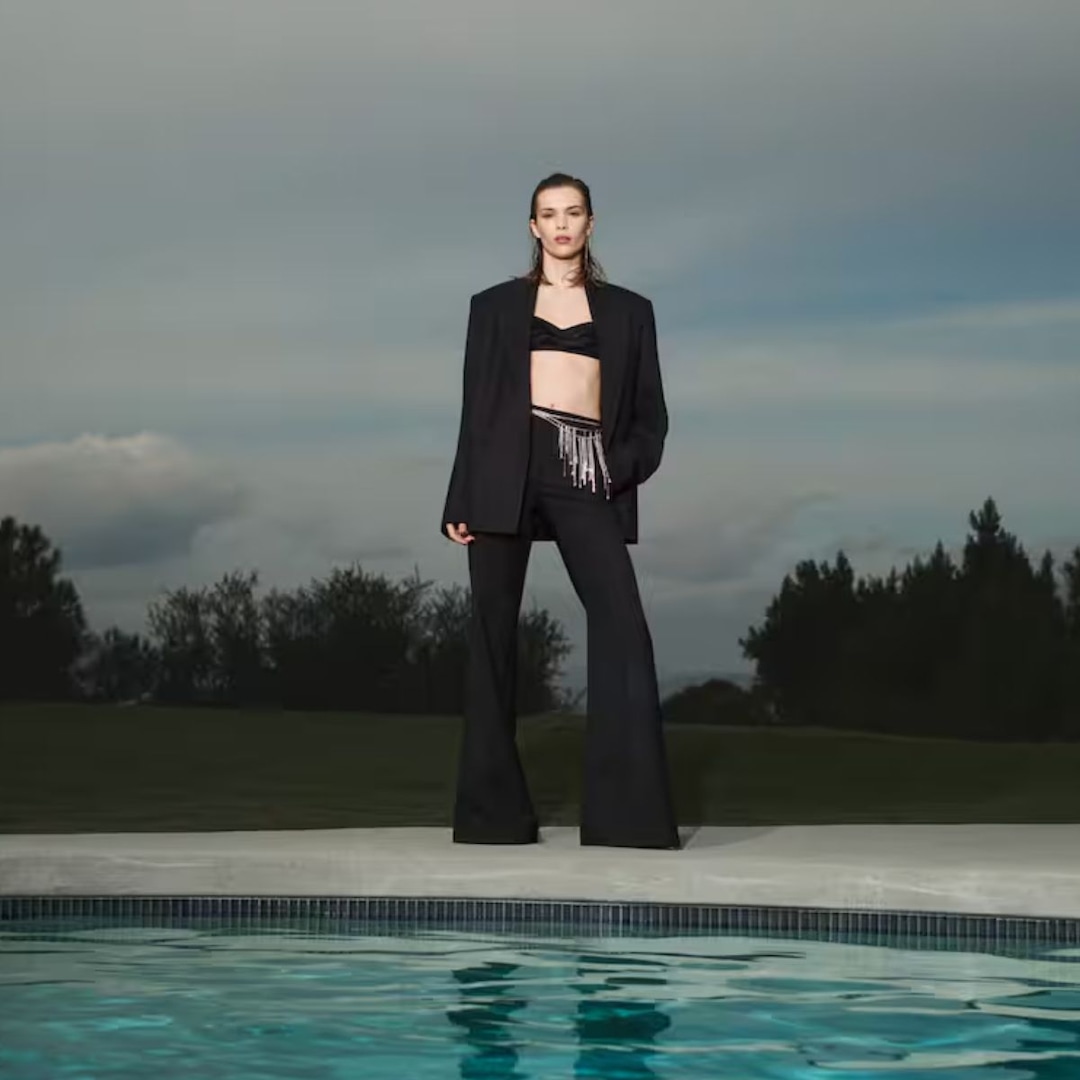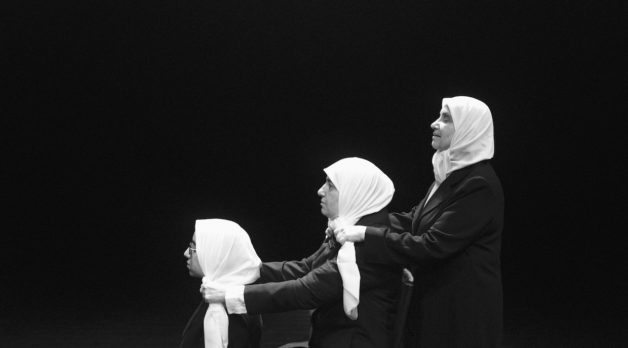
“I Cried a Lot During the Edit”: Jude Chehab on Tribeca ’23 Premiere Q
Jun 9, 2023
Q
Award-winning DP Jude Chehab’s cinematographic talents are on full display in her Tribeca-premiering feature debut Q, a haunting look at three generations of women whose lives were forever upended by a cult. In this case, the shadowy entity is the Qubaysiat—a matriarchal religious order founded in the Middle East, where the Lebanese-American filmmaker moved to from Florida at the tender age of 10—and eagerly joined upon arrival in Beirut, having fallen under the influence of a particularly devout member – her own mother.
Filmmaker reached out to Chehab, a 25 New Faces 2021 alum, to learn more about her powerful cinematic investigation not into the origins of the mysterious movement she was a part of, but into the end toll of sacrificing one’s personal narrative to any cause that demands all.
Filmmaker: Your choice of title seems quite telling. Obviously, for Western audiences, “Q” evokes QAnon, which is certainly not what your film is about. And yet it is, in the sense that the Qubaysiat, the religious order you and your mother were a part of, is a religious cult. So were there specific parallels you were trying to draw, or universal aspects of cults you were hoping to highlight?
Chehab: As the great Ousmane Sembène once said, “Europe is not my center.” Sembène meant of course that his cinema wasn’t made with the sensibilities, context or cultural memes of Europe in mind.
As an Arab-American filmmaker I can appreciate both sides of the cultural landscape, and Q certainly is informed by a voice which exists in both worlds. But ultimately Q is a part of world cinema, and specifically the cinema of the Arab tradition; and within that its subject matter, approach and intent is wholly unique to the culture of its language and spirit.
The objective of Q wasn’t simply to make a cult film. (I’m sure you’ll agree there are enough of those!) But rather to explore, in a way that is both empathetic and objective, the nature of how love is used and abused, even with the best of intentions in mind, by those in power. The pain of Q is knowing that it is our love of being loved that can cause the most harm to our lives.
Filmmaker: Your mother offered to find you former members of the group (in lieu of including her), which made me wonder if you did ever interview other women who’d shared this experience. Why did you ultimately choose to tighten the focus?
Chehab: In the beginning of making this film I was intrigued by the group. I’d known them my whole life, and yet I felt I barely knew them at all. My curiosity was around the members who were in the group and had left or been kicked out; its culture of secrecy, its sisterhood, its hold on spiritual ecstasy.
Very quickly after beginning, however, I returned more and more to my mother. She seemed to embody all the paradoxes and complexities that such a relationship with love, power and the divine would ultimately produce. I found in my family the fallout from such an affair of the spirit. As much as I was making the film, I was equally beyond a documentarian. I was also a daughter, a granddaughter and sister caught in the midst of the story I was making.
Filmmaker: Can you talk a bit about Abbas Kiarostami’s workshop that you attended in Cuba? How did it influence the film?
Chehab: The workshop in Cuba with Kiarostami, a few months before his passing, had a major influence on who I am today, as both a filmmaker and as a human. We had 10 days with the master himself; in his silence we learnt patience, and in his words we were challenged.
During one instance when looking for a story to shoot, I told Kiarostami that I find ecstasy in routine, just as he finds ecstasy in nature. Asking him, “How does one know if it is enough?” he responded, “You must get something from them and give something from yourself. They are not the storytellers. Go ask them for a cup of water.” In Q, I give and I take. It is a tightrope dance, but a dance nonetheless that I love.
Filmmaker: In your director’s statement you called this film a “responsibility,” and also revealed that you made it to “save your mother” (which seems more heavy burden than lofty goal to me). So was the overall journey more cathartic or painful for you? What do you feel you’ve accomplished so far—and what do you still hope to achieve?
Chehab: My intention from the start was to remind my mother of what she’d taught me that she herself had forgotten. Personally, the film taught me to not be so naïve. I approached it believing that my mother would see things the way I see them, understand them like me, possibly regret things. But this isn’t human reality. This film taught me the color gray, when I thought things were only colored black and white.
I cried a lot during the edit, through moments of beauty and moments of pain; I cried for my mother, and cried with her at times. But once the film’s ending starts my tears dry and I feel so much peace within. My mother now feels that too, which was always the goal for me. I hope moving forward this film gives the same things to others that it gave to me.
Filmmaker: How do all your family members ultimately feel about the doc? Did you show them clips to elicit feedback along the way?
Chehab: I showed them footage throughout the making of the film. They saw samples I had made for fundraising. It worked in my favor because the material is so sensitive that I feel it eased them into it, gave them time to sit with it. And they’ve really grown to love it.
Initially it brought a lot of anxiety for my mother—fear of upsetting the group, letting them down. But through the process of the film, the veil was removed from her eyes. She said it helped her uncover layers of herself that were once hidden. She’s proud of it now. (My father, on the other hand, says he is ready to be discovered by Hollywood!)
Publisher: Source link
Jill Scott’s Chris Brown Tweet Faces Backlash
*deep sigh* In times like this, I wish Jill would've remembered and practiced her own lyrics, "Maybe we could just be silent." If you or someone you know is in immediate danger as a result of domestic violence, call 911.…
Apr 25, 2024
Skai Jackson Reveals Where She Stands With Her Jessie Costars
After starring as brainy Ren Stevens for three years on Even Stevens, bringing the titular Kim Possible to life, and starring opposite Hilary Duff in the 2002 DCOM Cadet Kelly, Christy Carlson Romano took to Broadway for a 31-week run…
Apr 25, 2024
Taylor Swift Lyrics About 1830s Has People Really Confused
taylor swift: the old world was misogynistic and racist, but people are blinded by aesthetics and nostalgia. in reality i would’ve hated being theretwitter users: she’s racist— who’s afraid of little old elin? (@tsignelin) April 19, 2024 Disclaimer: This story…
Apr 24, 2024
Victoria Beckham’s New Collaboration With Mango Is as Posh as It Gets
We independently selected these deals and products because we love them, and we think you might like them at these prices. E! has affiliate relationships, so we may get a commission if you purchase something through our links. Items are…
Apr 24, 2024

